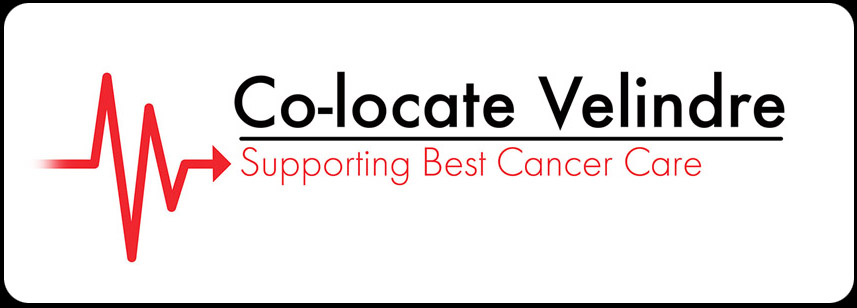We at Co-locate Velindre congratulate both Richard Pugh, Head of Macmillan in Wales and Dr Seema Arif, Consultant Oncologist at Velindre Oncology Centre for highlighting the growing number of terminally ill people accessing end-of-life benefits. In today’s BBC article https://www.bbc.co.uk/news/uk-wales-58769347 they report a “20% year-on-year increase in application forms for people who have less than six months to live”.
Macmillan’s network of benefits advisers reported DS 1500 applications for the terminally ill rose from 1004 in 2019 to 1204 in 2020. Of course, Macmillan will know interpreting data such as this is fraught with variables, and whilst it could be due to patients being reluctant to come forward or having difficulty accessing services during the pandemic, there may be reasons other than poor Welsh cancer care. It could perhaps be that Macmillan are doing such a fantastic job in raising awareness for access to their services such as this, amongst patients and healthcare professionals. We don’t know from the BBC article.
Interpreting data carefully is important. For example, excellent patient satisfaction surveys cannot be interpreted as a benchmark for excellent cancer care. Patients are invariably glad to receive the services they have in their area, without necessarily knowing or understanding other data regarding the quality of those services they access.
That is of course assuming the data is being collected and is available to the public. We know this is not always the case, such as the number of emergency ambulance transfers for deteriorating patients from Velindre to acute hospitals. Velindre did not collect that data. They do now.
As Jim Collins wrote in Good to Great, we have to Confront the Brutal Facts.
Nevertheless, we care about cancer services at Co-locate Velindre and articles such as this BBC one exposing the deficiencies in cancer care in Wales are very important.

